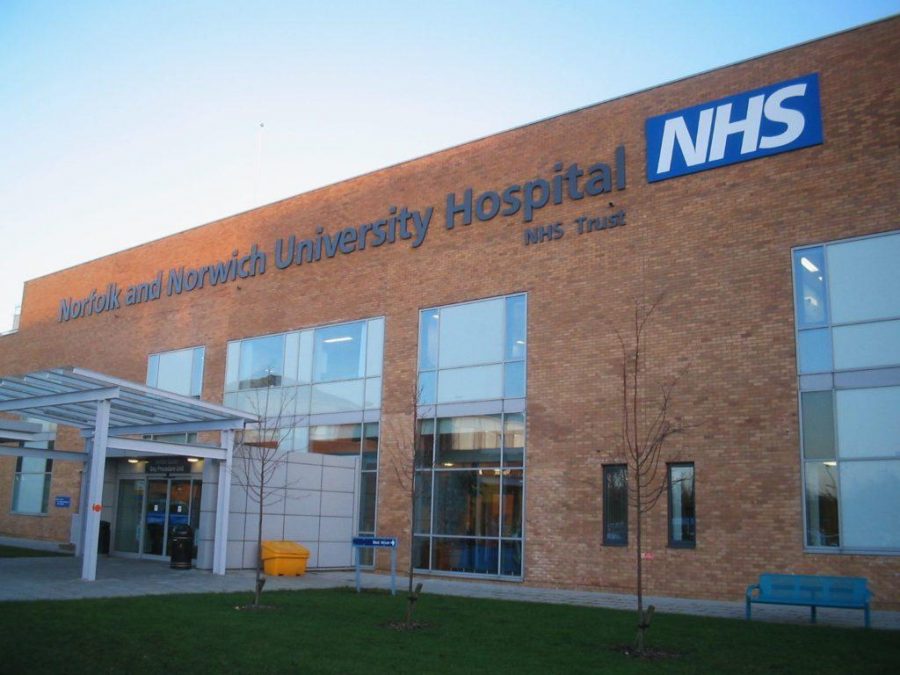However, the NHS has not been free from adversity in recent years. The global recession saw funds dry up so much that some British politicians floated the idea of necessary partial privatization. A few months ago, junior doctors — the rough equivalent of residents — went on strike demanding, among other things, higher pay.
The NHS made headlines again during the recent Brexit campaigns. The Leave side was especially outspoken, famously plastering on double decker buses their slogans about redirecting £350 million in EU membership fees to fund health care.
These promises were soon taken back after Leave’s unlikely victory, however. The morning after the vote, Nigel Farage, leader of the UK Independent Party at the time of the referendum and the face of the Leave campaign, admitted there were no guarantees and that the ad had been “a mistake.”
For his part, the CEO of NHS England Simon Stevens supported Remain. He has pointed out that 130,000 nurses, doctors, and other NHS employees are EU citizens whose continued presence in the UK is now uncertain. Any Brexit negotiation that failed to protect these vital health care workers would surely spell disaster for the NHS. Stevens has already called on newly appointed Prime Minister Theresa May to “provide early reassurance to international NHS employees about their continued welcome in this country.”
These challenges have done nothing to soothe American apprehension about universal healthcare. To be fair, Bernie Sanders proposed a system that loosely resembled the NHS. But none of the remaining candidates support a single-payer system of any type. Hillary Clinton prefers building on Obamacare, a hodgepodge of public and private options, while Donald Trump has advocated for repealing Obamacare in favor of a free market approach.
President Obama recently penned an article for The Journal of the American Medical Association reviewing health care reform and identifying potential next steps. In it, he too argues against modeling the U.S. system after the NHS, writing, “Simpler approaches to addressing our health care problems exist at both ends of the political spectrum: the single-payer model vs government vouchers for all. Yet the nation typically reaches its greatest heights when we find common ground between the public and private good and adjust along the way.”
After living in the UK for eight years, I don’t share the same affinity for the NHS as the average Brit. I was personally unimpressed with its facilities and the unreasonable waiting periods for many procedures. Furthermore, recent scandals have highlighted its financial insecurities and Brexit has emerged as a new threat.
In short, the NHS is not the model the US should emulate. But the fact remains: close to 30 million Americans are uninsured. Every year, a million people are bankrupted by medical debt. These problems demand attention. Whoever is elected in November and whatever their personal philosophy regarding health care reform, ensuring that every American has access to medical care should be at the top of their priority list.
letters@chronicle.utah.edu


